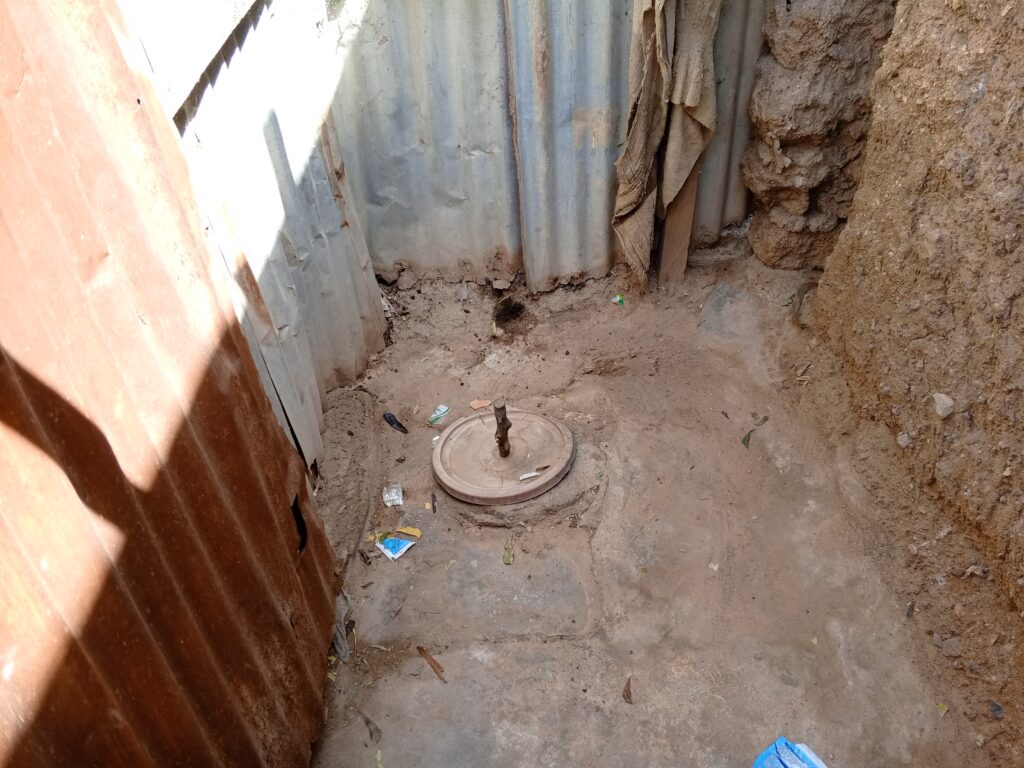Khadijah Aliyu
Open defecation is the act of passing faeces in fields, bushes, water bodies, markets, and any other open space available.
Poor water sanitation and hygiene WASH facilities or open defecation is very vast and powerful to force all stakeholders sit up to make efforts to address the situation, as it Is increasingly becoming comprehensible that poor sanitation leads to poor health and unnecessary deaths, every people is dying due to water-related problems.
A Research by UNICEF in 2012 indicates that, Water, sanitation, and hygiene (WASH) increases life skills and mobilizes communities, governments, parents, and institutions to improve WASH conditions.
The progress in ending open defecation in Nigeria has been Achieved with a significant focus on mixed approaches.
Read Also:https://paradigmnews.ng/knsg-unicef-urges-nigerians-to-desist-from-open-defication/
Nigeria’s progress in eliminating open defecation has been significant, thanks to a multi-faceted approach.
The National Task Group on Sanitation’s (NTGS) 2012 Protocol for Verification and Certification of Open Defecation Free (ODF) status, revised in 2017, has been instrumental in this success.
In Kano state, the rural water supply and sanitation agency RUWASA with support from UNICEF is responsible for implementing the ODF protocol across the 44 local government areas.
Recently Kiru Local Government Area (LGA), a population of 474,999 has benefited from improved sanitation and hygiene. Local officials and community leaders have driven this transformation, where it was declared ODF.
A spot check to various communities across the LGA revealed the secret behind the success.
Malam Lawan Mamuda, a Tsangaya teacher with over 100 students, shared his inspiring story.
After sensitization by the Kiru LGA team, he built two toilets, improving the sanitary conditions and health status of his students.
“I saved money for months and sold some farm products to build the toilets,” Malam Lawan explained.
“Now, my students have a clean and healthy environment. I ensure the toilets are washed daily, and the students wash their hands regularly.”
The success of Malam Lawan’s initiative has been replicated across the community.
A resident Malam Abubakar credited the local team’s sensitization efforts for improving his family’s sanitary condition
“Most families now have multiple toilets with clean latrines, and hand washing has become a habit,” Malam Abubakar noted.
Zahra’u Saidu, an ODF community mobilizer, shared her experiences educating residents about the dangers of open defecation.
“We’re thrilled to see communities complying with our directives,” Zahra’u said.
Speaking on their role as community leaders, the Ward Head of Anguwan Muazu Kiru, Alhaji Garba Lawal attributed the success of curtailing opened defecation to their tireless efforts in sensitization and spot checks to areas mostly affected by the menace.
“We visit residential areas to ensure toilets are in good condition and provide counseling where needed,” Alhaji Garba explained.
“In the last few years, most households prefer dedicating in farms, beside open water and open space but with the coming of the fight against OD we have achieved a lot, many latrines were built at homes, markets and motor parks”
However, Kiru community members were not left behind in the fight as they contributed a lot to the success story.
According to the village Head Of Kiru, Alhaji Mustapha Aliyu praised the community’s efforts, emphasizing the importance of leadership in maintaining a clean environment.
He said, the traditional institution received adequate support from the public through compliance, which he described as a major catalyst to ending open defecation and improving health.
The head of the Department of Water Sanitation and Hygiene WASH Kiru local government area, Alhaji Adamu Ahmadu Balan, stated that the authorities have taken adequate measures in water and sanitation.
He highlighted that traditional and religious leaders, as well as influencers, were engaged in house-to-house campaigns, mosques, marketplaces, motion parks and places of gathering to change people’s behavior on open defecation.
He said that In the last few years, the local government was at the forefront of open defecation, which has drastically reduced with time due to efforts by the government and partners such as UNICEF.
Adamu posited that several teams visited the LGA for sensitization, spot checks and other engagements to ensure OD becomes history.
The HOD reiterated the commitment of Kiru LGA in mitigating open defecation.
He urged residents to maintain the tempo to achieve ODF across the 15 wards.
The Kiru LGA’s campaign serves as a model for other communities, demonstrating the power of collective action in improving public health and well-being.
However, the National Open Defecation Free (ODF) Certification Protocol is to guide the verification, certification, and Validation processes for declaring communities Open Defecation Free (ODF), and to measure the sustainability of the status and attainment of Total Sanitation.
Earlier the United Nations Children’s Fund (UNICEF) Water Sanitation and Hygiene (WASH) specialist, Malam Uba Lawal, said of the 774 local governments across the country only 135 were declared open defecation free ODF, 26 in Kano , Jigawa 27 and Katsina state 18.
He explained that out of the 44 local governments in Kano State, 26 have fulfilled the requirements of National Task Group on Sanitation (NTGS) for certification of Open Defecation-Free (ODF) status.
Lawal posited that, 8 local governments out of the 26 in Kano attained the status recently.
“Safe toilets for all by 2030’ is one of the targets of Sustainable Development Goal 6”





